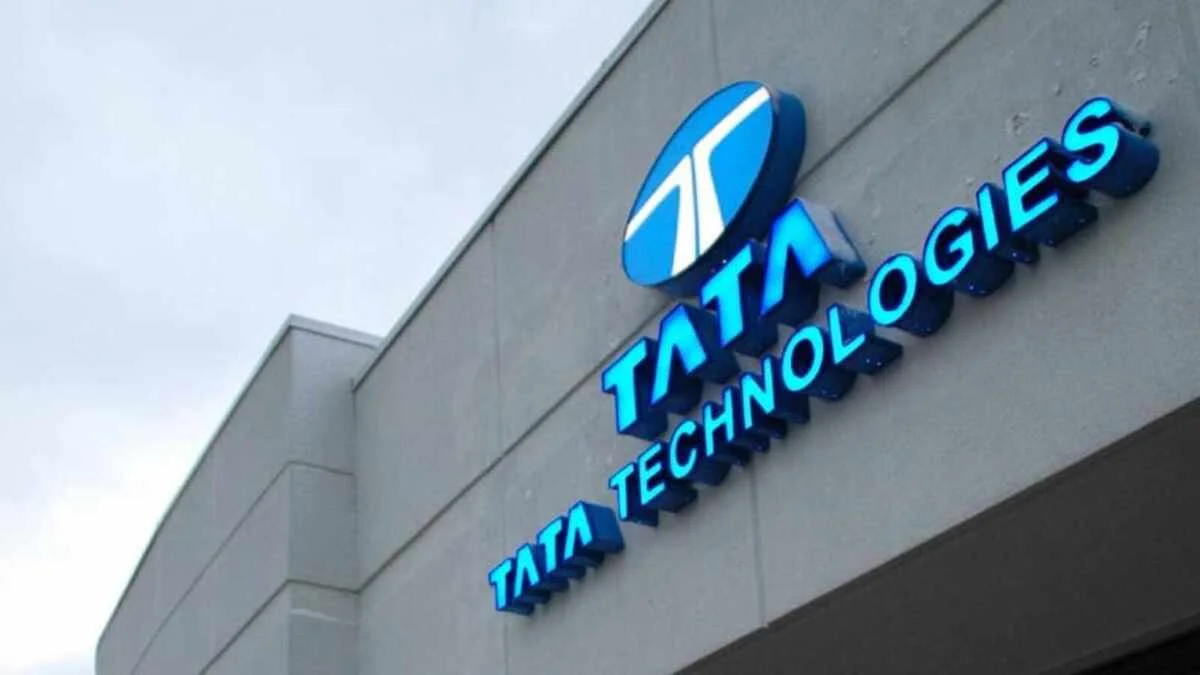Tata Technologies Limited is a global engineering and digital services company headquartered in Pune, India. A subsidiary of Tata Motors, it specializes in product development, digital transformation, and engineering solutions, primarily serving the automotive, aerospace, and industrial machinery sectors. Established in 1989 as Tata Motors’ automotive design unit, it became a separate entity in 1994 and has since expanded its footprint across 27 countries, with over 12,000 employees as of April 6, 2025.
Business Overview
Tata Technologies operates through two main segments:
- Services (~78% of revenue in H1 FY25): Provides outsourced engineering and digital transformation services, helping clients conceptualize, design, and develop products. Key offerings include turnkey electric vehicle (EV) solutions, software-defined vehicle (SDV) development, and digital manufacturing solutions.
- Technology Solutions: Includes reselling third-party software (e.g., product lifecycle management tools) and upskilling programs via its proprietary e-learning platform, targeting academia and industry.
The company serves marquee clients like Tata Motors, Jaguar Land Rover (JLR), Airbus, and emerging EV firms, leveraging its automotive expertise to address adjacent industries. Its 20 global delivery centers span Asia-Pacific, Europe, and North America, with regional hubs in Detroit, Michigan, and Warwick, UK.
Recent Financial Performance (Q3 FY25)
Tata Technologies’ Q3 FY25 (October-December 2024) results, released on January 24, 2025, showed a mixed performance:
- Revenue: Rs 1,256 crore, up 2.5% YoY from Rs 1,225 crore in Q3 FY24, but down 2.8% QoQ from Rs 1,292 crore in Q2 FY25, reflecting slower automotive ER&D demand.
- Net Profit: Rs 157 crore, down 8% YoY from Rs 170 crore, impacted by higher costs and tapering demand in key markets.
- EBITDA: Rs 233 crore, with a margin of 18.6% (down from 20.1% YoY), due to increased employee expenses and investments in new projects.
- Order Wins: Secured a Rs 95.65 crore deal with the Tripura government in December 2024 to upgrade 19 ITIs, boosting its upskilling segment.
For 9M FY25, revenue was Rs 3,840 crore, with services growing 5% YoY, though technology solutions saw softer growth. The company remains debt-free, with cash reserves of Rs 1,200 crore+.
Stock Performance and Market Position
As of April 5, 2025:
- Share Price: Around Rs 890-900, near its all-time low of Rs 880 (December 2024), down from a 52-week high of Rs 1,400 post-IPO in November 2023. Posts on X note underperformance versus IT peers (e.g., TCS, Infosys), with a P/E ratio of ~60 (down from 85 at IPO).
- Market Cap: Approximately Rs 36,000-36,500 crore ($4.3-4.4 billion USD).
- Returns: Down 10-15% over the past year, lagging the Nifty IT index’s 20%+ gains, reflecting concerns over automotive sector slowdowns and U.S. tariffs (25% on foreign imports, March 2025).
Shareholding Pattern (as of December 31, 2024)
- Promoters: Tata Motors holds 53.39% (post-November 2024 OFS reducing it from 74.69%).
- FIIs: ~15-16%, adjusted after the OFS.
- DIIs: ~20%, with mutual funds growing.
- Public: ~10-12%.
Strategic Developments
- Partnerships: Signed a joint venture with BMW TechWorks India (October 2024) for automotive software and a deal with Tamil Nadu to upgrade 71 ITIs (March 2025).
- Innovation: Showcased AI-driven SDV solutions at its FY24 InnoVista event, winning awards for generative AI and EV architecture projects.
- Sustainability: Targets carbon neutrality by 2030, with 50% renewable energy usage in FY24.
Challenges and Outlook
Tata Technologies faces headwinds from U.S. tariffs (impacting 30% of revenue), a global automotive slowdown (e.g., delays in EV/hybrid policies), and competition from L&T Technology Services and HCLTech. However, its anchor client relationships, EV expertise, and upskilling initiatives provide resilience. Analysts project a 12-month target price of Rs 950-1,100, assuming demand recovery and tariff mitigation. Sentiment on X highlights its “expensive” valuation and underperformance, though its long-term DPI and EV focus retain investor interest.
Disclaimer: This article reflects data available as of April 6, 2025, updated through March 31, 2025, from stock exchange filings, company announcements, and verified sources. Financials and shareholding details may shift with new disclosures. This content is for informational purposes only and not investment advice; readers should consult official sources for decision-making.


